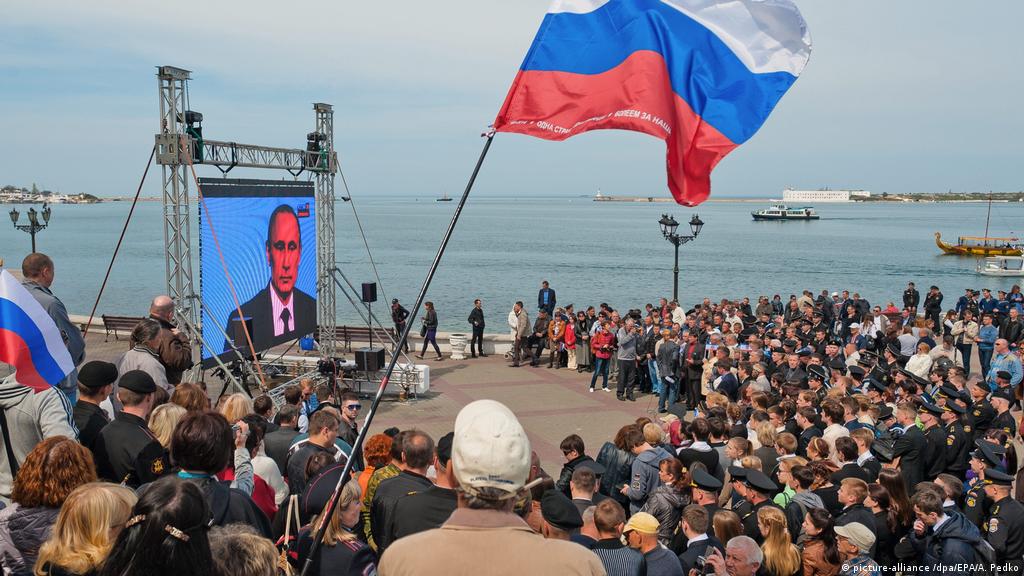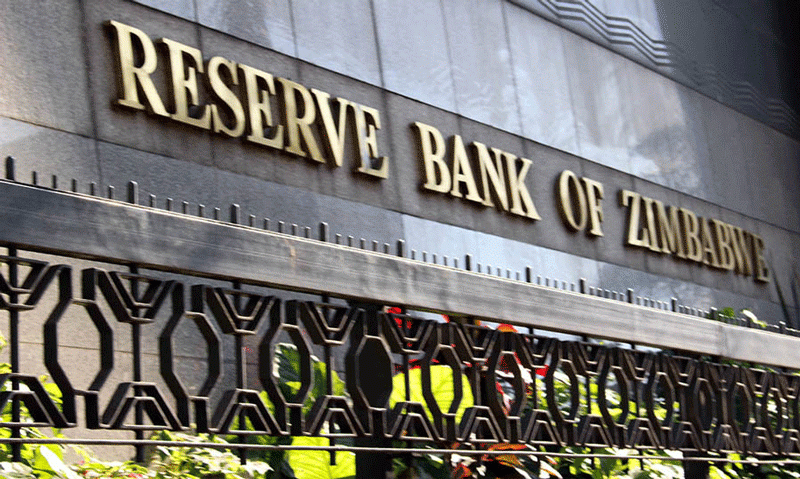
Sapien Sapien Security expert UKRAINE is a former Soviet Republic that got its independence from the Soviet Union in 1991 after Leonid Kravchuk, who led the Ukrainian Socialist Soviet Republic, declared independence from Moscow.
Since then, the post-Soviet state has experienced periods of volatility due to dedicated Russian resistance to recognise it is sovereignty in its entirety.
The leadership of the post-Soviet state is fundamental if ever one is to comprehend, comprehensively, the on-going higi-haga between the West as led by Nato as a proxy of the US, and Russia.
Specifically, events that manifested post the demise pro-Russian President, Viktor Yanukovich helps give holistic context to the shenanigans presently being witnessed within the restive region.
Everything went haywire in 2008 at the now infamous Bucharest Nato summit where the military alliance promised that Ukraine, along with Georgia, also a former Soviet republic, will one day join Nato.
Immediately, Russia launched an assault on Georgia before scheming to ensure that pro-Western leader, Yulia Tymoshenko, loses the 2010 presidential elections to pro-Russian Viktor Yanukovich.
Immediately thereafter, Russia and Ukraine clinched a gas pricing deal in exchange for the extension of the lease for the Russian Navy in a Ukrainian Black Sea port.
The pro-Russian administration in Kiev proceeded to suspend trade talks with the EU opting instead to revive economic ties with Moscow.
- Chamisa under fire over US$120K donation
- Mavhunga puts DeMbare into Chibuku quarterfinals
- Pension funds bet on Cabora Bassa oilfields
- Councils defy govt fire tender directive
Keep Reading
A colour revolution, evidently at the instigation of the West erupted in Kiev’s Maidan Square leading to the death of numerous protesters.
The significance of this revolution being that the pro-Russian Yanukovich was forced to flee to Russia and his government collapsed.
However, amidst all this, Russia was beginning to wage what we now know as classical hybrid warfare against Ukraine, proceeding to annex ethnically pro-Russian enclave of Crimea through the deployment of the now famous “little green men” whose military fatigues did not bear any flag of any country.
A referendum was held and Crimea identified itself as Russian territory.
This was made possible due to serious ethno-factors, most prominent being language and culture.
Most eastern Ukrainians identify themselves with or as pro-Russia.
Pro-Russian separatists in eastern region of Donbas declared independence from Ukraine leading to hostilities between the Ukrainian army and these Russian-backed separatists, which hostilities are believed to have so far accounted for over 15 000 dead and hundreds of thousands of others displaced.
The election of pro-West Petro Poroshenko meant the regime in Kiev was turning West and Nato was salivating at the prospect of having a member of its alliance sharing an expansive border crossing with Russia, a situation reminiscent to what US President John F Kennedy declared will never happen in 1962 in events that led to the Cuban Missile Crisis.
The comedian, Volodymyr Zelensky, without prior political experience and evidently twerking to the whims and caprices of Nato and the West, was elected president.
His lack of a coherent comprehension of global statecraft, politics and diplomacy saw him being taken advantage of by Nato, in the process provoking the ire of Moscow.
Moscow observed, correctly, the regime in Kiev as posing an existential threat to its national security and ordered that Ukraine drop the idea to ever join Nato.
Zelensky, so much consummated with the camera, played to the gallery, impressed with words and believed the West was not going to abandon him in the face of definite overt aggression by the Russians.
Through the application of the Russian Gerasimov Doctrine as led by the erudite Foreign Minister, Sergei Lavrov, Russia meticulously began the process of dealing, once and for all with the political threat emanating from Kiev.
This they did by showing overt military moves, intensifying cyber-attacks and other asymmetric attacks on Europe before giving de facto recognition to separatists in Donbas.
The Russians proceeded to have the Duma vote to allow Putin to deploy troops “anywhere in the world” thereby confirming the efficacy of the Gerasimov Doctrine regarding Russian foreign policy.
Valery Vasilyevich Gerasimov is a Russian General of the Army, the current Chief of the General Staff of the Armed Forces of the Russian Federation, and first Deputy Defence Minister.
Gerasimov is the strategist alleged to have conceived the “Gerasimov doctrine — combining military, technological, information, diplomatic, economic, cultural and other tactics for the purpose of achieving strategic goals.
Essentially, it is important to recognise that Russia uses hybrid warfare to ensure compliance on a number of specific policy issues, ensure that the hostile Nato alliance remains divided, subvert Western governments and annex territory whilst operating within the threshold of “plausible deniability”.
This is done through the use of multiple instruments of power primarily with emphasis on non-military tools to pursue national interests outside of Russian borders.
What is evident is that the usage of instruments of national power by the Russians, namely, diplomacy, military, economy and information has so far been aimed at enhancing the objectives of the Gerasimov Doctrine.
Russian diplomats and military figures have not been playing to the gallery like their Western nemeses who have been behaving as some Hollywood movie characters amidst the current conundrum.
They have been steadfast, resolute and giving little away regarding Russian intentions.
The Russians are dedicated towards ensuring that Ukraine does not join Nato. That dedication has thus far forced Russia to resort to the usage of hybrid warfare to achieve that objective.
If regime change does not happen in Ukraine then the Gerasimov Doctrine would have failed.
However, Zelensky is learning international politics and diplomacy the hard way.
Besides the rhetoric of solidarity and friendship that characterised the prior stage of hostilities, he now is being abandoned by Western states, who instead are just making bellicose rhetoric, grandstanding and deployment of a motley number of troops to countries such as Poland, which deployments will do nothing to change Putin’s heart. We are witnessing the escalation of 4th Generation Warfare.
The Russians are teaching all and sundry the dos and don’ts of international statecraft and diplomacy.
- Sapien is a security and trade expert.











